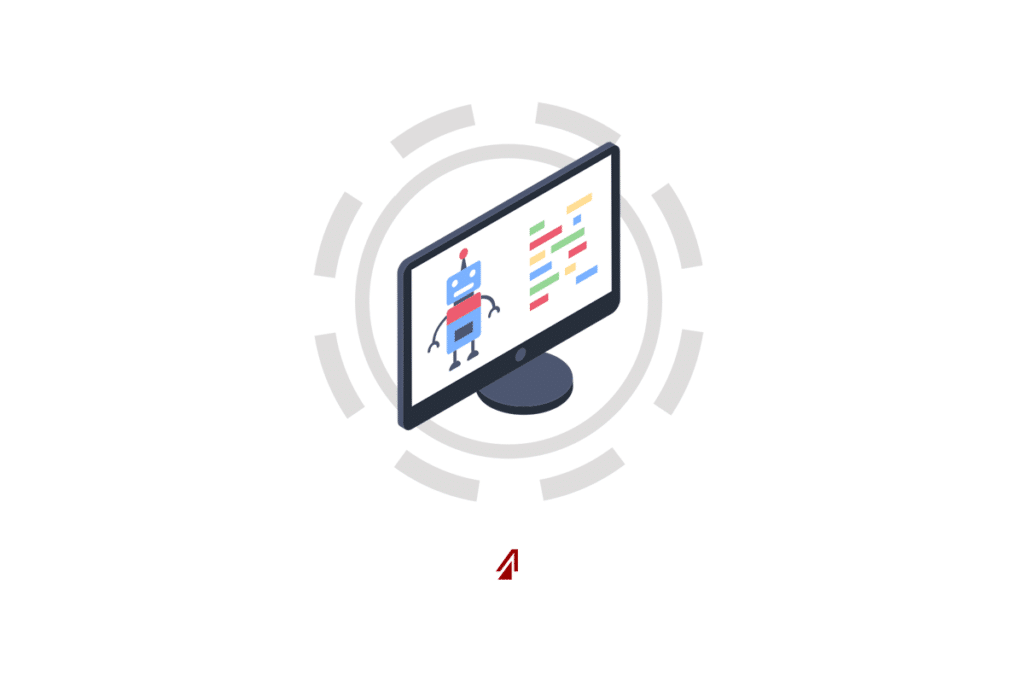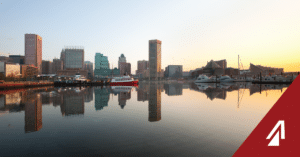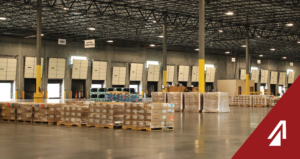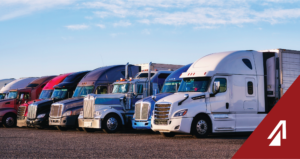There is a human capital crisis in logistics today. The problem has worsened enough that representatives from over 200 automotive and logistics companies met in Detroit, Michigan last September, at the 2018 Automotive Logistics Global Conference, to discuss the overwhelming problem of diminishing manpower in logistics. The US Bureau of Labor Statistics claims that logistics jobs make up seven percent of the overall United States job market, and yet ALGC’s website confirms “The shortage of skilled and unskilled labor is now a major concern for the automotive industry.” They ask, is new technology able to help? New industry entrants in Silicon Valley say “Yes.” These new techno-brokers think they have the key to not only solve the labor shortage, but also improve the industry where traditional brokers and 3PLs cannot. This leaves logistics management professionals asking: Are techno-brokers the way of the future?
What are Techno-Brokers and What Do They Do?
Techno-brokers are automated intermediaries between shippers and carriers. They create online marketplace applications that pair available loads to nearby drivers. In these apps, shippers can post loads with their various requirements (pick up date and time, trailer requirements, etc.) and nearby carriers can respond to those posts with their all-in rates. The winning bid can be selected, and the shipment can be set up with neither party directly interacting with one another. Shippers and carriers can book loads with the touch of a button and instantly process load tenders to carriers. These apps also automatically provide all of the pre-selected details such as shipper and receiver information, contact information, bill of lading number, pick up number, and other pertinent details.
Shippers are attracted to the apps because of the control they offer and the instant feedback that they provide. They do not need to waste time on the phone finding carriers and booking their loads with them. Shippers can instantly post a load and have one or multiple options within minutes. They have quick, no-haggle pricing based on real-time marketplace conditions and other external factors. Instant tracking information is available 24/7, and they do not need to wait for scheduled updates. These apps also have document management features that access a cloud network and allow instant uploads and organized storage for future use. A techno-broker spokesman working with Logistics Management magazine stated that, “Today, shipping freight is a fairly manual, time intensive process and tendering a single load can take hours of back and forth between shippers and third party providers” and that they are working with shippers and carriers to greatly minimize the effort they put into handling supply chains.
Carriers also use the apps to make their jobs easier. Drivers can use them to find loads in their local area or region going where they want to go. Some techno-brokers now offer services for dispatchers to help manage their fleets and driver bases. They can see what loads are available in areas where their drivers are and access a full driver list – complete with schedule and availability. They can use the app to assign and reassign drivers to loads depending on what works best for them.
How are Techno-Brokers Different from Current Operating Procedures?
The current procedure is different for shippers and carriers who are working with a traditional 3PL and those who are not.
Those shippers working with a traditional 3PL, have access to the 3PLs’ broad network of trusted carriers around the country. 3PLs are capable of handling freight whenever the shipper requires, but the more notice and planning the better. They are set up to handle special situations like carrier issues or recoveries; and they can provide specialized vehicle options like refrigerated trailers, flatbed trucks, or team service. Techno-brokers are limited to available local options that require less lead time, but cost more, and shippers may not have access to specialized options.
Shippers set their rates with 3PLs and are able to budget exactly what they will need from year to year. This can help save them money as market volatility is less likely to affect them. Techno-brokers rely on carriers to spot-bid loads and this can raise the prices considerably. 3PLs also manage and process customer and carrier documents, claims, and most importantly communication. They are responsible for keeping their customers up-to-date with trailer position and delivery status. They also work to keep the carriers aware of any changes regarding the loads.
One of the main drawbacks to using traditional 3PLs, over techno-brokers, is the time it takes to process information. 3PLs are human networks and it takes time to receive, process, and transmit information from shipper to carrier or vice versa. Loads can be booked quickly, but typically 3PLs need more time than techno-brokers would to receive load details, create a tender, find a carrier, and process the tender to the carrier. Sending and receiving tracking data takes 3PLs longer as well. Through human error, 3PLs cannot always instantly reach carriers to provide the needed updates. The techno-brokers do not have this issue since they have standardized automated tracking features. Techno-brokers’ automation can make transferring information much simpler, but using either a 3PL or techno-broker is much more efficient than a shipper working for themselves.
The shippers not working with a techno-broker or trusted 3PL, will spend time calling known carriers or searching for an available truck on a load board such as DAT Solutions. These load boards are improving and can offer several useful features to make the booking process easier. However, shippers are still required to directly interact with the carriers or drivers to book a load. Often, aspects like tracking, accurate contact info, and truck availability are not guaranteed. Following up with proof of delivery can also be challenging.
Carriers benefit from working with 3PLs, over techno-brokers, as well because 3PLs can offer them consistent load volume. They can access a 3PL’s customer base to find loads that work better for their schedules, whereas techno-brokers rely on spot-bidding and cannot guarantee loads. With 3PLs, drivers can work on regular routes and expect specific drive and home times.
Carriers can benefit from both 3PLs and techno-brokers for shipper and receiver contact information, addresses, and other necessary load details.
Smaller carrier companies and owner-operators working alone can also experience difficulty with the current process. They can spend vast amounts of time looking on load boards for open loads and often deal with outdated information. Some carriers are able to be added to a shipper’s network and make multiple round-trips a week but most carriers cannot. Not being able to consistently maintain high volumes of freight can leave drivers stranded at times. Carriers also face last minute load changes, cancellations, and delays in payment.
Will Techno-Brokers Fix the Current Situation?
So, where is the industry heading? It is evident that techno-brokers have a lot to offer the future of logistics management. Their automated system approach can help alleviate the manpower shortage that the industry faces and eliminate many of the hassles shippers and carriers often have with one another. They present an edge over traditional 3PLs with their speed and efficiency booking loads, and the convenience they offer with direct pricing and automatic pay schedules. But techno-brokers lack the depth of trusted carriers and the pricing model traditional 3PLs provide. Also, techno-brokers are also not able to offer the consistent load volume traditional 3PLs can. So – are techno-brokers the way of the future?



